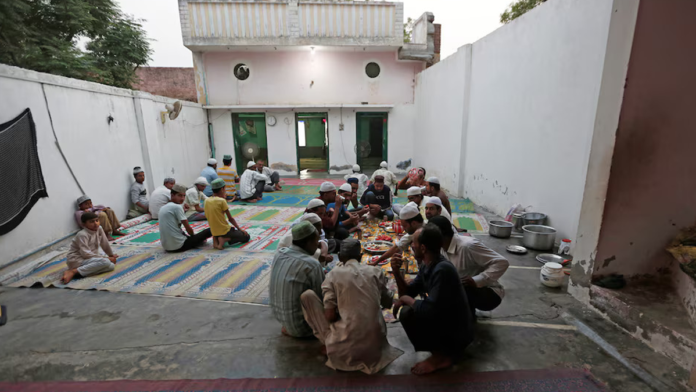The Supreme Court today delayed the Allahabad High Court’s order. The UP Board of Madarsa Education Act, 2004, provides relief to about 17 lakh madrassa students in Uttar Pradesh. This keeps the state’s 16,000 madrassas operating by the 2004 law.
Noticing that the high court decision was prima facie wrong, a bench led by Chief Justice of India DY Chandrachud sent notices to the central and UP governments as well as the Madrassa board.
The 2004 law was declared “unconstitutional” by the high court last month for being against the secularism notion. The government was then ordered to allow madrasa pupils to enroll in regular schooling.
The Supreme Court postponed it on Friday, stating that the Madrassa Board’s goals are mostly regulatory and that secularism will not be impacted by the board’s establishment.
“The High Court ordered the students’ relocation after rejecting the Act’s provisions. The 17 lakh students would be impacted by this. The Chief Justice stated, “The high court, in striking down the provisions of the Act, directed the relocation of the students. This would affect the 17 lakh students. We are of the view that the direction of relocation of students to other schools was not warranted.”
The Madarsa Act 2004’s provisions would not need to be repealed if the PIL’s goal is to guarantee that madrassas offer secular education in subjects like math, physics, history, and languages, he continued.
The central and state governments supported the court’s decision in the Supreme Court, with the central government claiming that discussions about suspected religious meddling and other pertinent matters ought to take place.
Representing the madrassas, attorney Abhishek Manu Singhvi contended that religious education cannot equate to religious instruction and that 10,000 madrassa teachers and 17 lakh students will be left in the dark by the high court’s verdict. However, the state administration claims to have developed arrangements for teachers and students.
It is incorrect, according to Mr. Singhvi, to claim that madrassa education lacks universality, depth, or quality. He emphasized that the Supreme Court had declared in the Aruna Roy v. Union of India, 2002 that singling out madrassas for a prohibition is discriminatory.
The Chief Justice scheduled a follow-up hearing for the second week of July, stating that the issues expressed warrant further investigation.
